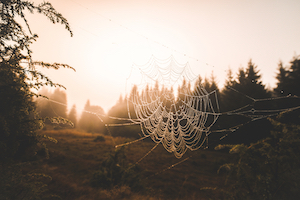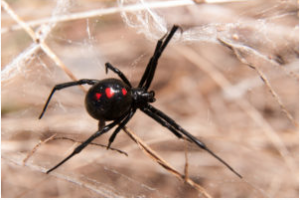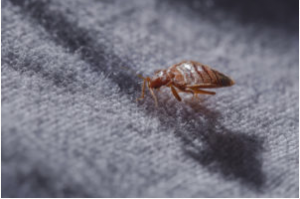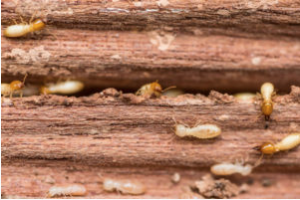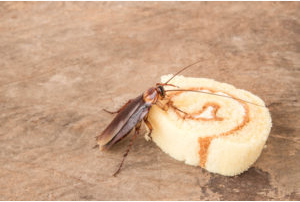Only a few of Michigan’s smaller pests can survive the state’s harsh cold, so to escape from it they seek out shelter wherever they can stay warm and comfortable. Often that shelter is someone’s home.
Once inside, pests create the kinds of problems no one wants to deal with, especially when temperatures are so low. Keep a particular eye out for winter pests and the problems they cause… since it could literally pay off.
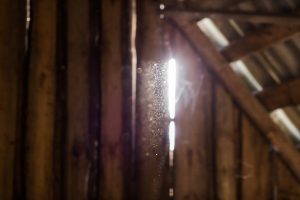
Drafts
A lot of pests get into homes by biting or smashing their way through soft or compromised building materials like insulation, rotting wood, or old plaster and caulk. Once inside, they aren’t conscientious enough to seal up the tiny doorway behind them.
The gaps created by pest infiltration may seem small, but they can add up. Gaps in a home’s insulation create a vacuum. Hot air generated by your heater is literally sucked through this vacuum and out of your home at the same time cold air moves in. Pest-created drafts are especially likely in unfinished parts of your home, or if your home was built a long time ago.
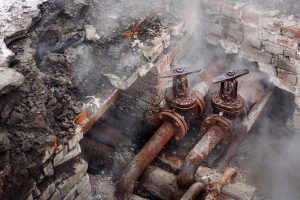
Leaks
Rodents are attracted to water and gas lines by the smell or moisture given off. Their constant need to teethe means any rodent allowed to get close to and stay by a water or gas line will work away at it constantly with its teeth. Over time, rodents are capable of wearing down even metal pipes, producing leaks and ruptures.
Even the smallest gas leaks are extremely dangerous and should be dealt with immediately. You may be tempted to leave tiny water leaks alone, but you shouldn’t. Water leaks in winter may compromise your pipe system’s ability to keep the water within from freezing. If your pipes freeze, it will bring down your whole plumbing system until an expensive repair can be made. Even if your pipes don’t freeze, even hairline leaks like the ones created by pests can waste a lot of water and money.

Sickness
Pests are dirty. When pests get into your home, they drag their dirt and grime along with them. Rats, fleas, and ticks can also transmit diseases to humans via their skin, fur, dropping, saliva, or blood. Most pests also generate a lot of… waste, which soils anything it comes in contact with, especially clothing, blankets, and pillows.
Keeping a home clean when your family spends a lot of time indoors is enough of a hassle, and getting sick in the winter is the worst. There’s also a simple psychological component to keeping pests out that shouldn’t be underestimated: seeing a rat in your basement or swatting at flies around your garbage is just demoralizing, especially when the weather is so bleak.

Power Costs
You may have already noticed, but leaks and drafts add up to higher power costs. Small leaks in your plumbing waste water and money. Even drafts you can’t feel suck hot air out and make your heating work harder, which wastes power and money. More serious problems could necessitate expensive repairs.
It’s a good idea to monitor your heating and water bills especially closely in the winter. You’ll naturally see a hike in your heating bill, but if something seems off about the amount you’re paying, follow your instincts. Look for places where water, heat, and money could be leaking away.
Pest infestations in the winter time can be really bad news. Now for the good news: you aren’t on your own. No matter how significant or minor your particular pest problem, call Griffin and we’ll take care of it right away. Stay warm this winter, and remember: spring is just around the corner!

